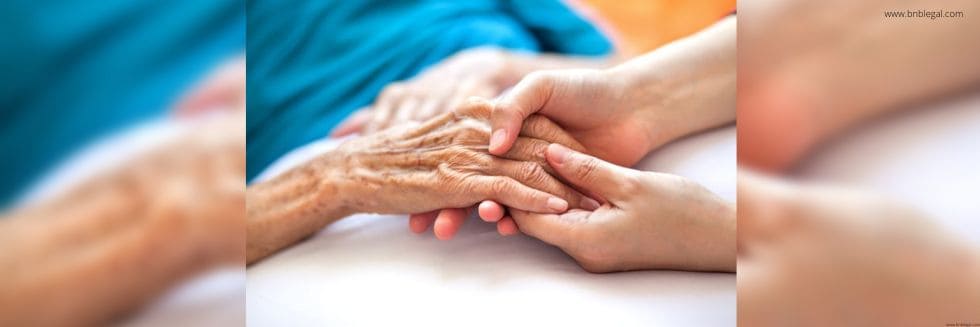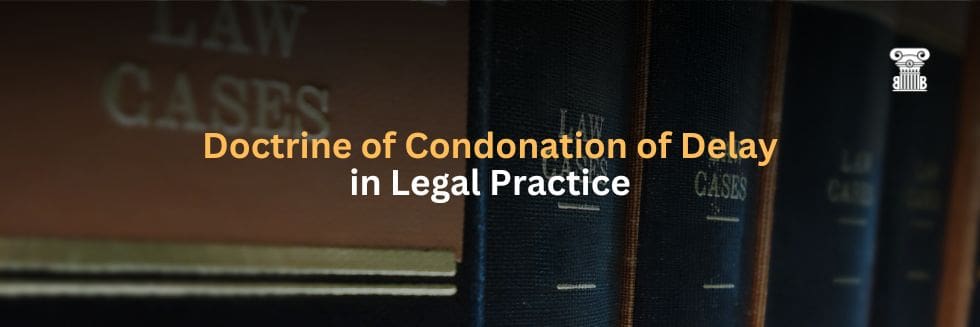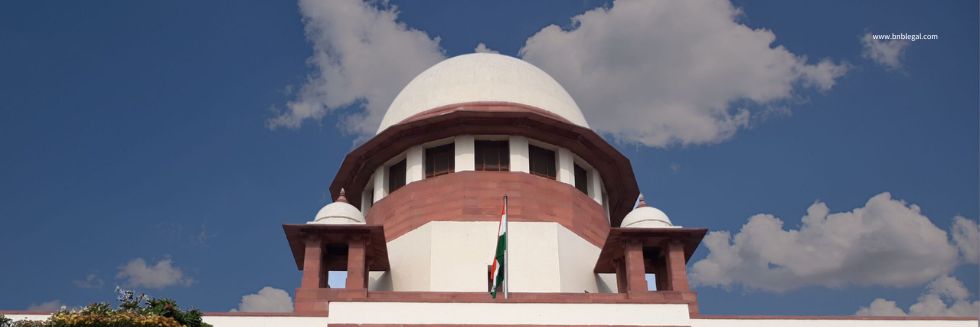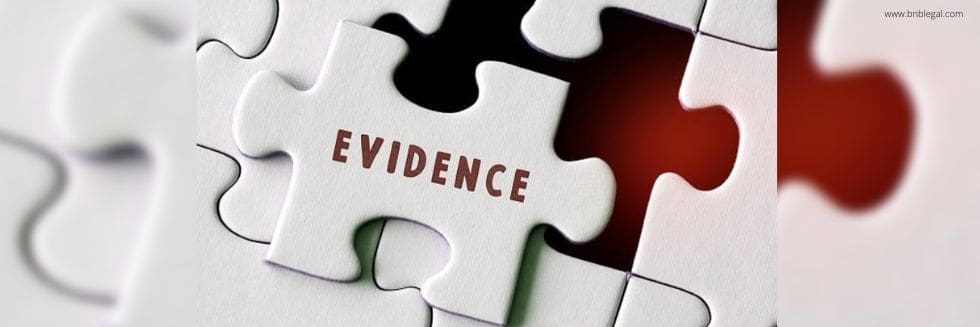INTRODUCTION
In Latin Death Bed Transactions are called “DONATIO MORTIN CAUSA”. When a person is suffering from MARZ (malady or illness) is under the apprehension of MAUT (Death) is said to be suffering from MARZ-UL-MAUT or death-illness. Gifts made by Muslims during ‘death-illness’ (Marz-Ul-Maut) are considered wills. Where a Muslim makes any gift of his properties while on his deathbed, the lawful impact of the transaction is not of a ‘Hiba’ yet of will.
“The death-bed gifts are recognized in many systems of law, though to what extent and in what circumstances such gifts can be made, the laws differ.” Marz-ul-maut gifts of Muslim law derive their rules from two branches of Muslim law, the law of gifts (Hiba) and the law of wills.
‘There are two aspects of a gift made during death-illness; in its formation, it is a pure gift but in its legal consequences it is a will.’ Depicting the idea of a ‘gift during death illness Buckley, L.J. has seen that it is a gift of amphibious nature; not a gift nor precisely a legacy but rather participating in the idea of both.
The different schools of Muslim law take divergent views on the marz-ul-maut gifts. The Malikis take the view that the marz-ul-maut gifts are void. The Hanafis and the Shia hold that such gifts to the extent of one-third are valid.
The doctrine of death-bed gifts depends on the donor’s perspective of mind at the hour of the transfer. At the point when an individual makes a gift during death- illness, he expects to disperse his properties as indicated by his plan to surrender all the desires for his life.
An individual experiencing mortal illness accepts, past sensible reasonability that he would kick the bucket very soon. In view of these fears, he endeavours to part with his properties. The outcome is the transfer, which is inter vivos. However, the thought behind such a transfer is that it is probably going to happen simply after the donor’s demise.
Through a gift, a Muslim donor on his deathbed may transfer his properties without any limitation of its amount even though in its belongings, the transfer is a will. This may baffle the very purpose behind the 33% (one-third) principle in regard to Muslim wills. As needs are, to forestall the avoidance of limitations on the testamentary capacity of a Muslim, a death-bed gift is deciphered as a will.
Will And Gift (Hiba) Under Muslim Law
DEFINITION OF WILL:- According to FATAWA ALAMGIRI “Will is the legal declaration of the intention of a testator concerning his property which desires to be carried into effect his death.”
DEFINITION OF GIFT (HIBA):- According to HEDAYA “A Hiba is a transfer of tangible property without consideration.”
“According to FYZEE, It is the immediate and unqualified transfer of the corpus of the property without any return.”
Difference Between A Gift And A Will:-
- AS TO COMPLETION:-Will is executed after the death of the testator. The gift is completed during the lifetime of the donor.
- AS TO CONDITION: – Will is dependent upon a condition i.e. the death of the testator. The gift is operated immediately.
- AS TO REVOCATION:-Will can be revoked at any time before the death of the testator. A gift after the delivery of the possession is usually irrevocable.
- AS TO LIMITATION:-In Will the right of making a will is limited. In Gift the right of the donor to gift is unrestricted.
- AS TO THE EXISTENCE OF SUBJECT MATTER:-It is not necessary that the subject matter of the Will must exist at the time of making the Will. The subject matter of the Gift must be in existence at the time of making the Gift.
- AS TO DELIVERY OF POSSESSION:-Delivery of possession is not required in the Will. In a Gift, there must be a delivery of possession of the property to the donee.
- AS TO REGISTRATION:-Registration of Will is optional. The gift must be registered under THE REGISTRATION ACT, 1908.
- AS TO ACCEPTANCE:-In Will acceptance by the legatee is not necessary. In Gift, acceptance by the legatee is necessary.
- AS TO INSANITY:-The subsequent insanity of the testator makes the will void. A gift after the delivery of the possession is irrevocable on the ground of insanity.
- AS TO CONSIDERATION:-A Will is always without Consideration. In some cases, there is a consideration as a gift.
[The gift is the transfer of property which is made immediately and without any exchange by one person to another, a will is dependent upon a condition which is the death of the testator. the gift and will are the two different things under Islamic law.]
Essentials Of A Death-Bed-Gift
A gift during death-illness is a pure Hiba in its development, however, after the benefactor’s demise it works like a will. Along with this, the basic conditions for a gift during death-illness are:
(i) There is a substantial and complete gift, and;
(ii) This gift is made during the death-illness (Marz-ul-maut) of the giver.
(i) A valid and complete gift: The only difference between a simple gift and a deathbed gift is that if a gift is made by a giver during his death-illness, the gift is testamentary; if it is made normally, the gift is inter vivos i.e. pure Hiba. Thus, in a deathbed gift, all the essentials of a valid Hiba are necessary.
There must be declaration, acceptance and the actual or constructive delivery of ownership. In a word, the gift must be valid in all respects according to the provisions of Muslim personal law.
(ii) Death-illness (Marz-ul-maut): “A gift to be valid as a marz-ul-maut gift must be made during marz-ul-maut, or death-illness. The most valid definition of marz-ul-maut is a malady that, it is highly probable, will issue fatally. A gift must be deemed to be made during marz-ul-maut if it was made “under the pressure of the sense of the imminence of death.But where the malady is of long duration, such as consumption or albuninuria, and there is no apprehension of death, the malady cannot be called marz-ul-maut.” The Muslim law-givers hold the view that if the disease continues for a period of more than one year then it cannot be called marz-ul-maut, because, as the Durr-ul-Mukhtar puts it when a person suffers from a malady which is ordinarily mortal for over a year, it ceases to have any apprehensive influence on his mind as it has become part of his nature.
“However, even then the disease may become marz-ul-maut if it reaches a stage where the apprehension of death is genuine or death is highly probable.”
When a person is in imminent fear of death whether from disease or any other cause in case of an illness the man is so broken by it as to be incapable of conducting his ordinary avocations outside his house; for example, a Fakih (jurist) from going to the mosque, a tradesman to his shop, a woman from attending to her indoor occupation, it is marz-ul-maut.
A test is thus laid down: when the malady has become so severe as to make it permissible for the sufferer to offer his prayers without standing up, it must be regarded as an illness of death. Hectic fever, hemorrhage, bilious, bloody swelling and fetid purgings have been considered to be marz-ul-maut by Muslim authorities.
The Shia authorities are to the same effect. Sharaya-ul-Islam holds that every malady which is accompanied by a genuine apprehension of death is Marz-Ul-Maut. Thus, temporary fever, headache, ophthalmia and tubercle on the tongue are Marz-Ul-Maut.
“It is submitted that all those ailments, whether dangerous or not, which result in death, should be regarded as Marz-Ul-Maut maladies and those from which death does not ensure should not be regarded as Marz-Ul-Maut maladies.”
A feeling, a sense of imminent death should be there. But an apprehension in the mind of an old man that he may die suddenly at any time is not such a feeling of imminent death which may be called marz-ul-maut. And Death-illness is an illness which eventually brings about the passing of an individual. In any case, there must likewise, be a sensible apprehension in the psyche of that individual that he would die by virtue of that illness. As it were, any ailment or sickness might be viewed as a death-illness if the individual experiencing it accepts that there are no odds of his endurance. It is to be noted that the vital test for Marz-ul-maut is the subjective apprehension of death in the psyche of the giver (donor).
The graveness of the disease or misgiving of death caused in the minds of other persons is not appropriate. Regardless of whether a sickness is a death-illness or not relies on the donor’s perspective of mind as opposed to the gravity of that ailment.
According to Tyabji, for building up the presence of death-illness following conditions are vital;
(a) The illness must have caused death;
(b) There should be proximate peril of death, so that there was a prevalence of apprehension of death (i.e. at given time death is more probable than life);
(c) Some level of abstract trepidation of death in the mind of a debilitated person; and to ordinary avocations.
There can’t be any target standard for deciding the presence of death- illness. If an ailment causes death and the giver (donor) thought it highly probable that this sickness would soon end lethally, it is death-illness. Regardless of whether an illness is a mortal illness or not is an issue of certainty and each case must be inspected in the light of proof created before the court.
Restrictions Related to Death Bed Gifts
As per Islamic personal law, a gift made at a time when there is a reasonable apprehension of death of the testator will be distributed as per the canons of Shariat. This is called death bed gifts and is valid only if the testator dies after executing a will. As per the Shariat, there are 2 restrictions imposed on this gift on the death bed which are as follows:-
1) There can be no disqualification of an heir or successor.
2) The net value of the property that can be disposed of should not be greater than 33% (one-third) of the total value of the assets.
The Shariat Law is inviolable, except with the consent of the heirs. Thus on his own, no Muslim can disown any heir while making a will during Marz-Ul-Maut.
“Some reasonable restrictions are imposed by the Shariat on Marz-Ul-Maut.” These are:-
1) There should be genuine apprehension of death due to an illness. In case a person does not die, they will be made null and void.
2) “Mere apprehension of death due to old age is not a ground for Marz-Ul-Maut.” Thus a man dying from natural causes due to old age does not come under the purview of this law.
MARZ-UL-MAUT is an important pillar of Islamic law and is accepted by Courts in India. As per Islamic personal law, the following transactions are valid during Marz-ul -Maut.
A) Marriage: It is clearly stated that no marriage solemnized during Marz-ul-Maut is valid in Islamic law. Thus a man on his deathbed cannot marry. He can however marry after he recovers from his illness. This is an important restriction in Islamic law and is accepted by all sects of Islam.
B) Divorce: Regarding Divorce the reverse of the above is true. A man on his deathbed can divorce his wife as per Islamic law. Both Shia and Sunni schools of Islamic law accept this proviso of the Sharia. The Indian courts have upheld this provision of Islamic law.
C) Mehr: This is the dowry agreed for the bride at the time of the marriage. In Islamic law, marriage is a contract and not a sacred act. Mehr is part of the pre-nuptial agreement and is binding on both parties. It is payable to the wife and not to the parents. As such in case a divorce takes place then the wife will be entitled to Mehr as per Mehr-e- Misl.
D) Gift: This is one of the important deathbed acts recognized in Islamic law. During Marz-ul–Maut a man can make a gift of his property up to 1/3rd of its value without the consent of the heir in case he is not the heir of the property. When the gift deed is executed by the donee who is the heir he can gift a maximum of 1/3rd of the property with the consent of the heir.
Islamic law has many interpretations, but broadly the above is valid in the case of Marz-ul -Maut.
Cases Related To Death Bed Transactions In India
ABDUL HAFIZ VS SAHIB BI
A serious case of pneumonia was held to be a death illness. In Abdul Hafiz v. Sahib Bi, an aged Muslim of over eighty years remained ill very seriously for four days. On the last day, i.e. just before his death, he made a gift.
It was held by the Bombay High Court that the gift was made during a death- illness. The Court observed that what is required to be proved upon the preponderance of probabilities is whether the gift was made by the ailing person while under the apprehension of death and, that whether in such ailing he died. “During the delivery of a child, the pains of child-birth may also be regarded as death-illness.”
MOHAMMAD GULSHERE VS MARIYAM
It has been held that paralysis is not a death illness. In Mohammad Gulshere v. Mariyam, it was held by the Allahabad High Court that boils or carbuncle for long continuance for over a year may not cause apprehension of death, therefore, it cannot be regarded as death-illness.
Similarly, asthma, lingering consumption and sudden bursting of blood vessels have not been regarded as death- illnesses. But, rapid consumption, tumour in the stomach and tuberculosis of the last stage has been held to be death-illness.
It is to be noted that a gift during Marz-ul-maut is established only where the donor dies. If the donor survives that illness, the transaction continues to be a gift.
SHAIKH MOHAMMAD VS KHADIJA BIBI
It was held that to establish Marz-Ul-Maut there must be present at least the following conditions:-
1) The Proximate danger of death so that there is, as it is phrased, a preponderance (ghaliba) of knout or apprehension, that is, that all at the given time death must be more probable than life;
2) There must be some degree of subjective apprehension of death in the mind of the sick person;
3) There must be some external evidence chief among which would place the inability to attend the ordinary avocations.
COMMISSIONER OF GIFT TAX VS ABDUL KAREEM MOHAMMAD, SC 1991
“Marz-ul- Maut does not come under the purview of gifts and is not subject to the gift tax.” This was upheld by a bench of the Supreme Court of India in Commissioner of Gift Tax vs. Abdul Kareem Mohammad on 10 July 1991.“The Shariat and Marz-ul- Maut is further amplified in Section 191 of the Indian Succession Act 1925 and section 129 of the TP Act.”
Section 191 Of Indian Succession Act, 1925
Property transferable by gift made in contemplation of death.—
(1) “A man may dispose, by gift made in contemplation of death, of any movable property which he could dispose of by Will.”
(2) A gift is said to be made in contemplation of death where a man, who is ill and expects to die shortly of his illness, delivers, to another the possession of any movable property to keep as a gift in case the donor shall die of that illness.
(3) Such a gift may be resumed by the giver, and shall not take effect if he recovers from the illness during which it was made; nor if he survives the person to whom it was made.
Illustrations
A, being ill, and in expectation of death, delivers to B, to be retained by him in case of A’s death,— a watch; a bond granted by C to A; a banknote; a promissory note of the Central Government endorsed in the blank; a bill of exchange endorsed in the blank; certain mortgage-deeds. A dies of the illness during which he delivered these articles. B is entitled to— the watch; the debt secured by C’s bond; the bank note; the promissory note of the Central Government; the bill of exchange; the money secured by the mortgage deeds.
A, being ill, and in expectation of death, delivers to B the key of a trunk or the key of a warehouse in which goods of bulk belonging to A are deposited, intending to give him control over the contents of the trunk, or over the deposited goods, and desires him to keep them in case of A’s death. A dies of the illness during which he delivered these articles. B is entitled to the trunk and its contents or A’s goods of bulk in the warehouse.
A, being ill, and in expectation of death, puts aside certain articles in separate parcels and marks upon the parcels respectively the names of B and C. The parcels are not delivered during the life of A. A dies of the illness during which he set aside the parcels. B and C are not entitled to the contents of the parcels.
Section 129 Of Transfer of Property Act
This section is related to the gifts of moveable property made in contemplation of death or shall be deemed to affect any rule of Mohammedan Law.
CONCLUSION
At last, I would like to conclude the concept of DEATH BED TRANSACTION in the words of Wilson: A Gift made in mortal illness is considered a bequest that can’t be operated on more than 33% (one-third) of the testator’s total assets. However, it can be done if the consent has been given by heirs or in favour of a single heir without the consent of all heirs. It can also be seen that MARZ-UL-MAUT has an incredibly significant role in Islamic law and it is accepted by all the courts throughout India.
This article is written and submitted by Mohd Shaaz Peerbaksh during his course of internship at B&B Associates LLP. Mohd Shaaz is a 5th year law student from IMS Unison University, Dehradun.









